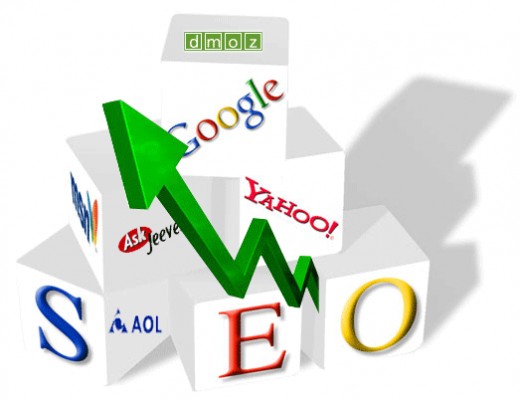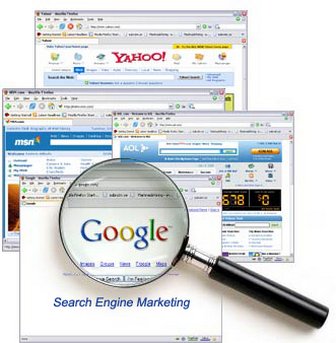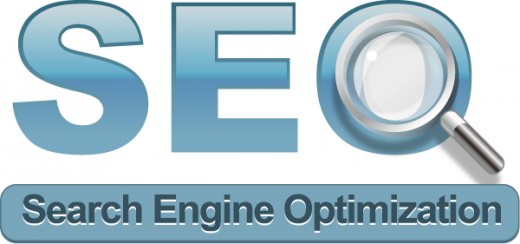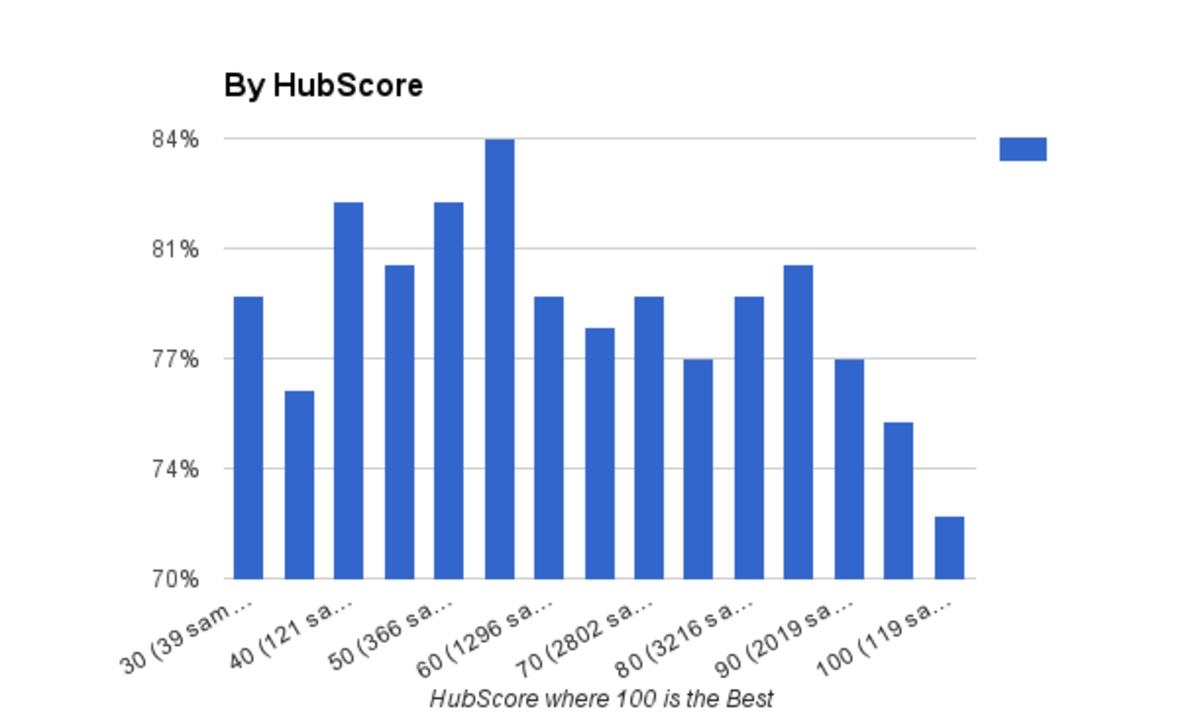SEO tips and tricks - Getting the targeted traffic
Welcome
Welcome to Search Engine Optimization - Getting the best quality traffic. Many people ignore the importance of SEO but the truth is that theres no success without the basic knowledge of SEo. Here we offer simple and easy to implement tricks to improve your website rankings.


Recommendations

Search Engine Optimization
What is SEO
SEO stands for Search Engine Optimization. It is the process of increasing the traffic or visitors to a website or blog by means of Search Engines.
The Need of SEO
Search Engine Optimization is a necessary part of any website or blog with an aim to make money on the internet or to attract public attention. Who ignores the importance of traffic for a website or blog. Traffic may be collected by paid advertising or referral programs but the best quality traffic comes from Search Engines like Google, Ask, Bing, etc. This is usually called targeted traffic. This is the traffic which converts in clicks in the case of contextualized advertising and in sales when you are an affiliate.
Tips and Tricks about Search Engine Optimization]
Keyword
The main aim of choosing a keyword is to have keywords which could bring targeted traffic to your website and which are often searched by people. But not a keyword which is so competitive that it makes getting the top rank in Search Engines impossible.
Start with the site concept that excites you the most and create your list of keywords. Write down all the words and phrases that you think are related to this concept and can be used by people when they search for your Web site. Then search for them on Google or any search engine and choose the one which has the least number of websites associated with it.
The best tool to look for keywords is to look in the Google Keywords tool (visit https://adwords.google.co.uk/select/KeywordToolExternal ). It is easy to use and does not require any type of sign up.
Content
Nothing is more important than content when it comes to website traffic.Build original content. Your content should be keyword targeted and should be interesting as well as valuable. It should be unique different and better from the content on other websites. Also you should upgrade your content every now and then. Sites that have new content are more reliable and so rank better in search engines. Also quality content attracts traffic and links in itself. Which improves your website ranking.
Title Tag
Title Tags are one of the most essential things for Search engine optimization. The title comes in the header section of your page. The title tag has been and probably will always be one of the most important factors in gaining high search engine rankings. So what is the best strategy to adopt with title tags? The answer is simple. The best strategy is to use a phrase with your keyword. You should preferably use your keyword in the starting of your title tag. Titles have become as important or in some cases more important than backlinks when it comes to Search Engine Rankings.
Meta Tags
A meta tag is an HTML tag that contains information about a website. This tag does not change how the website is displayed, but contain the description and keywords of the page. These were used by Search engines in the past to rank sites but now they have lost their importance. The meta description tag contains the description of the website. Give your website a description which is dense in your keyword. Also put your keywords in the meta keywords tag. Meta tags are now not very essential but can give good results if used cleverly.
Domain Name
Putting your Keyword phrase in your domain name is also a great and effective way to optimize for that phrase.
URL
If you can't get your keywords into your domain name, you can place them into your URLs. Search engine reads the URLs and assign value to the text they find there.
Keyword Density
A great way to optimize your website is to have a high keyword density in your content. But not too much. Keyword density should be between 3 and 7% for your primary keyword phrase and 1-2% for any secondary keywords.
Headlines
Use your keywords in the headlines (h1, h2, h3, etc).
Search engines will understand that headlines are more important than the other text, and so assign greater value to keywords found there.
Backlinks
Probably the best thing which affects your ranking in a major search engine are the backlinks. After you have published your website the best way to get backlinks is to ask people to link to you. Visit other peoples website related to your topic and ask them to link to you. You can also link in joint ventures which means that in return to them linking to your site, you will link to them as well. Remember that links from low quality websites, instead of improving your ranking, could lower your rank. Links from top quality websites improves your ranking. The best websites to have backlinks from are the ones with the domain with .gov or .edu. So try to communicate with these websites.
Make your Keywords stand out
Emphasize the importance of your keywords by using tags like <strong> and <em> around your keywords. Also increase the font size of your keywords. Repetition of keyword is important especially in the First and second paragraph. So try to increase your keyword density in the first and Second Paras.
Things to Avoid
These are the things to avoid for better results.
- Dont reply or pay attention to the SEO span you get by email. These low quality backlinks do not improve your ranking and only makes your ranking fall.
- Dont have the same title element on every page.
- Avoid using JavaScripts or JavaScript links. Spiders cannot crawl links in JavaScript so its better that you don't make use of JavaScripts but if you use Javascript then make sure that you use a text link at the bottom of each page.
- Avoid bad neighborhood and do not link to scam websites.
- Do not spread duplicate content across severl pages or several domains.
- Do not build your site entirely in Flash.
- Avoid using irrelevant keywords in your web pages.
- Avoid checking your ranking in Google and Yahoo every day.
- Do not over optimize your website
- Never forget to make your website search engine friendly
Conclusion
These are the simple tricks and techniques which can greatly help you to improve your search engine ranking.
Thank You
Anas Shad









